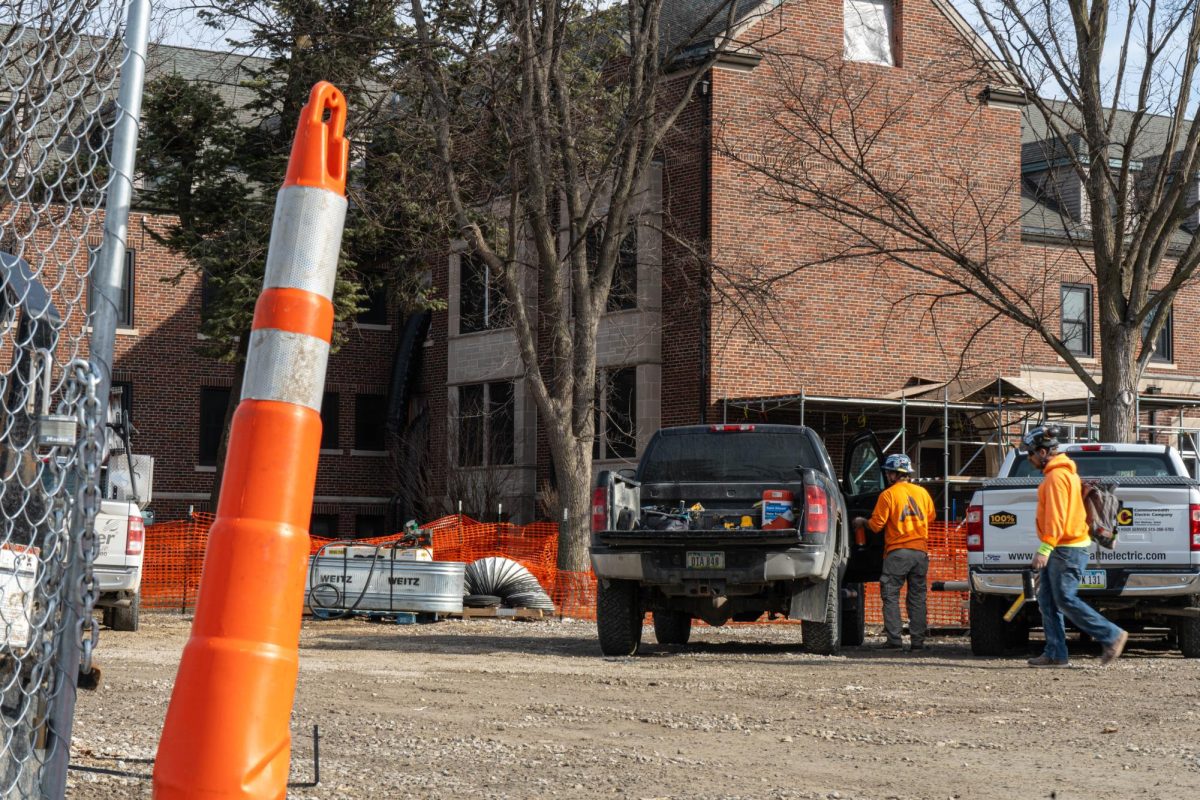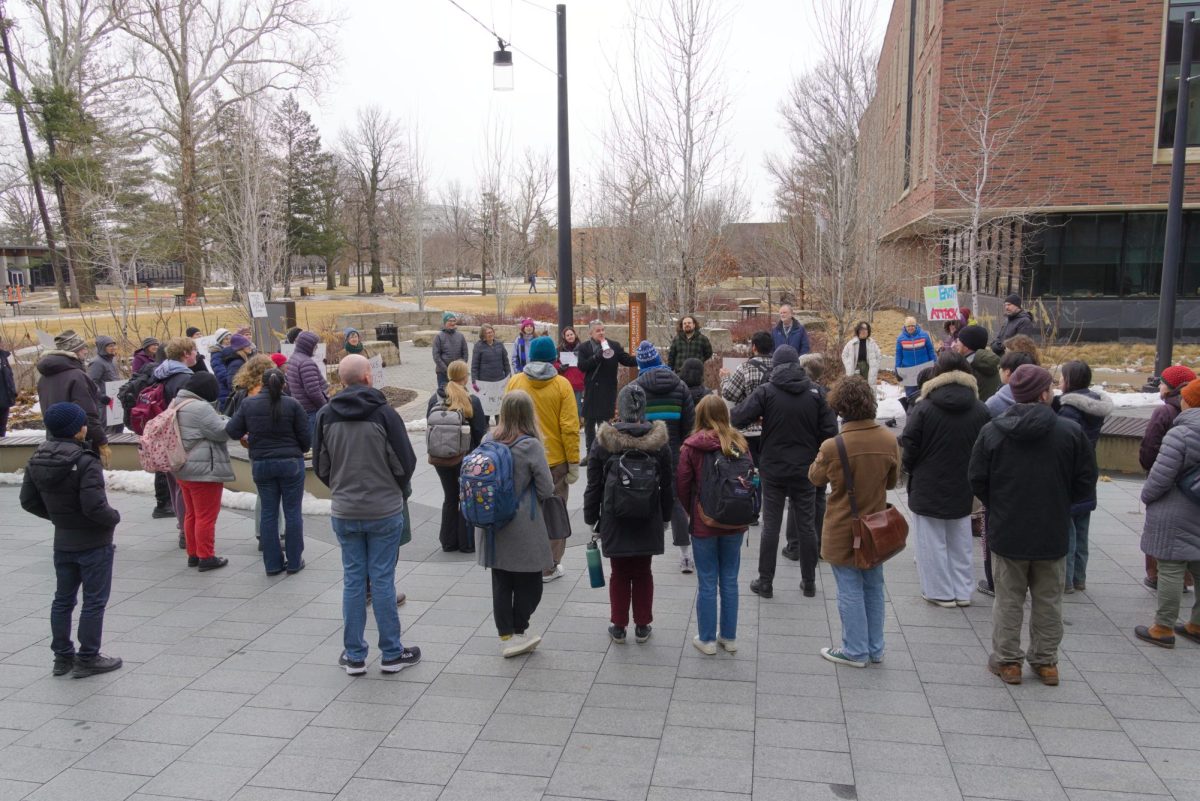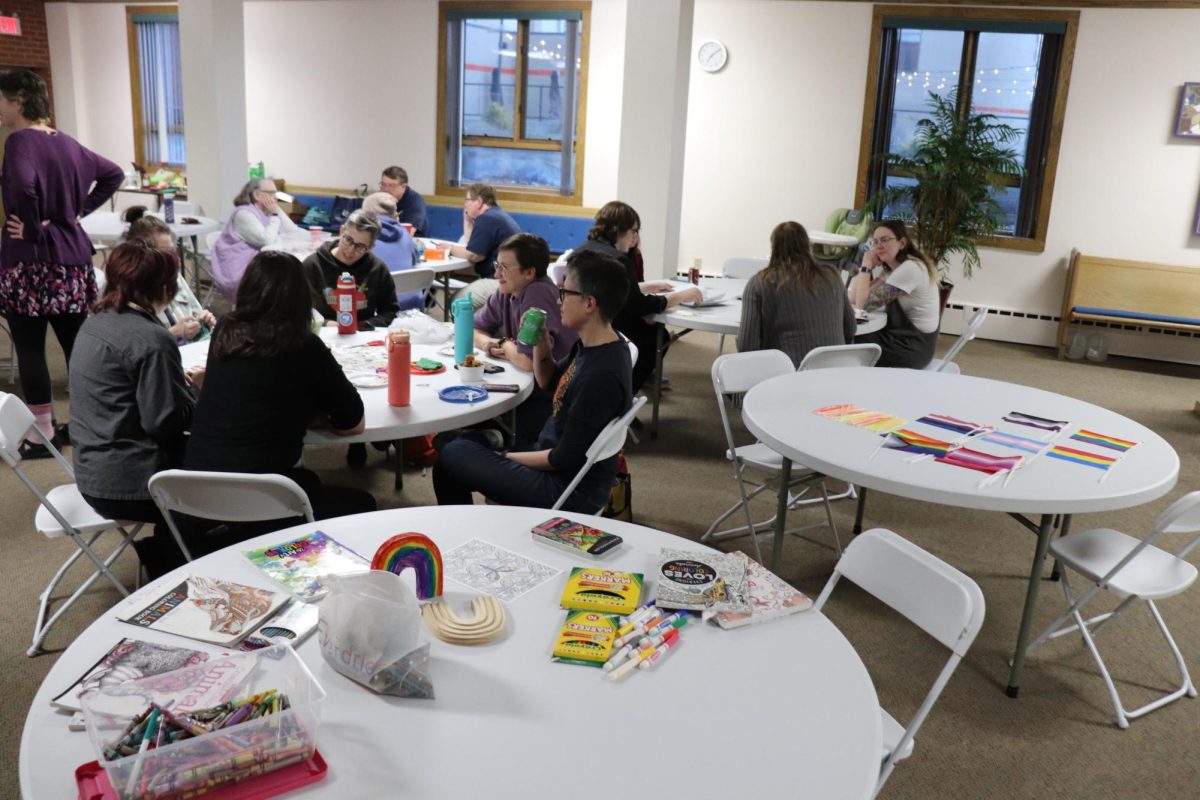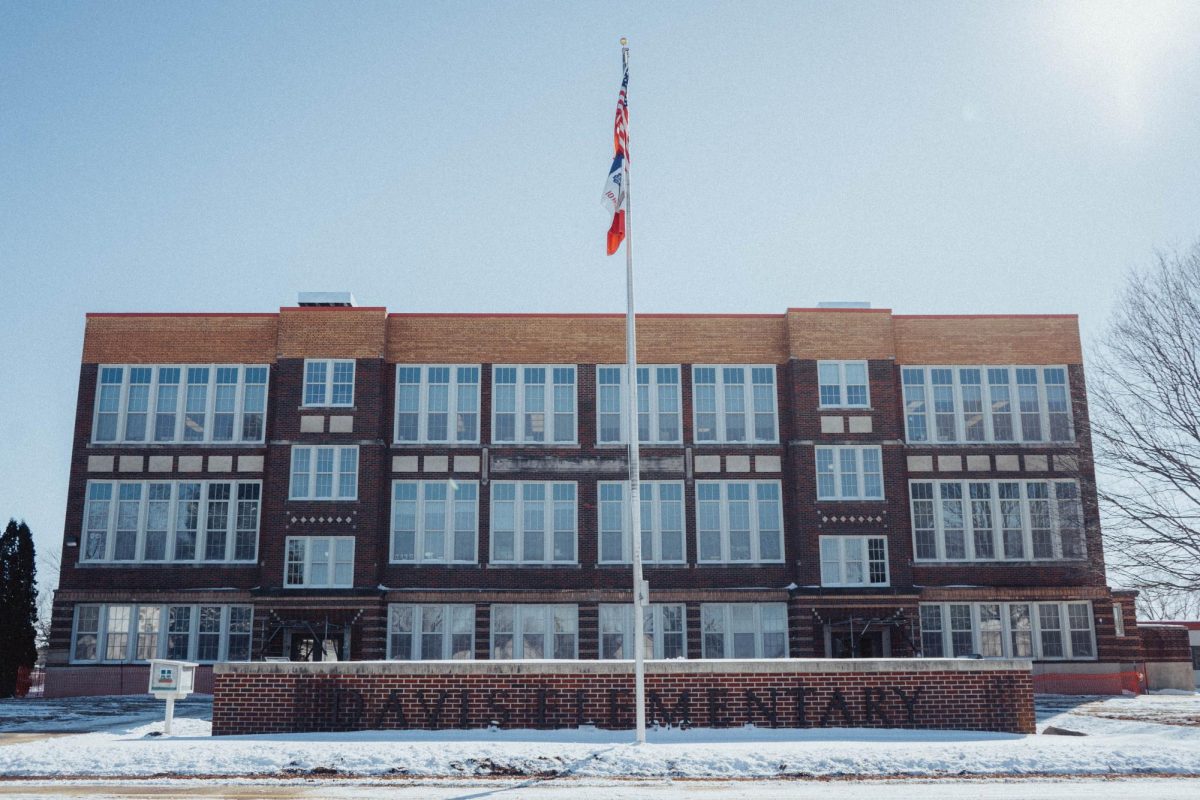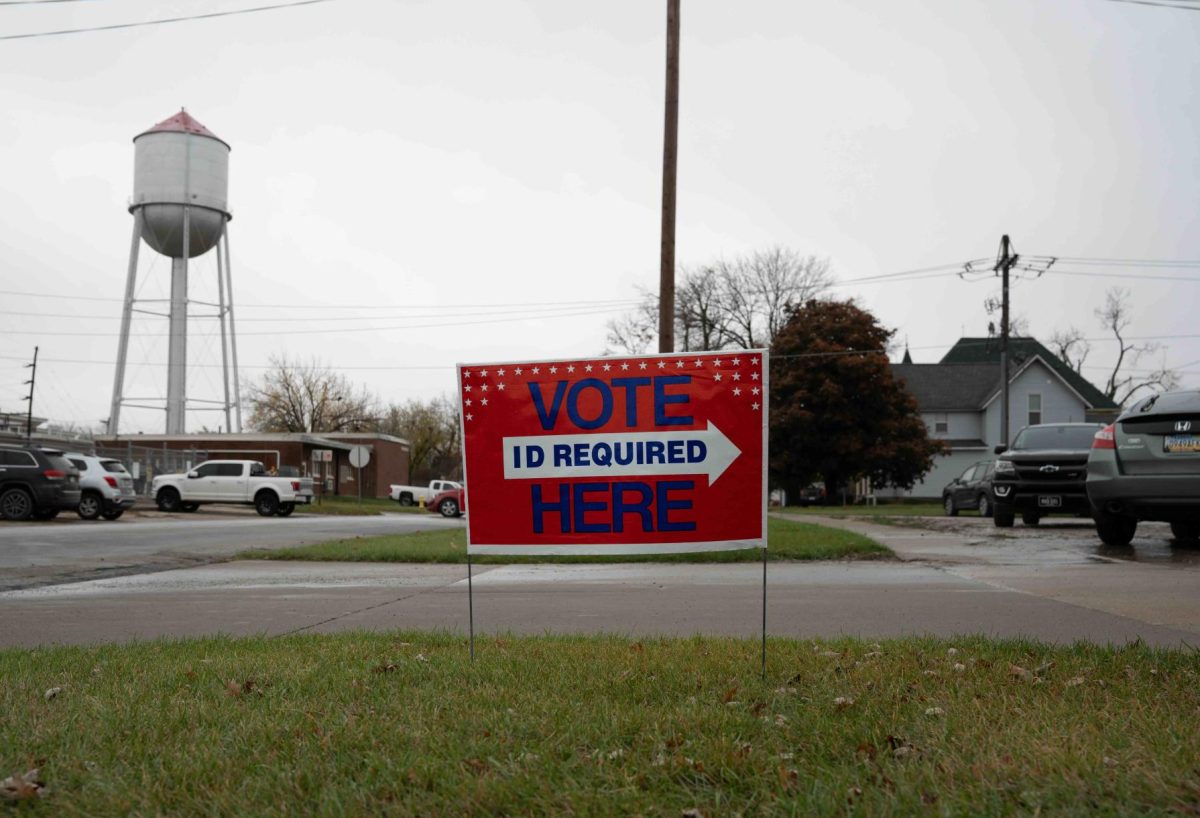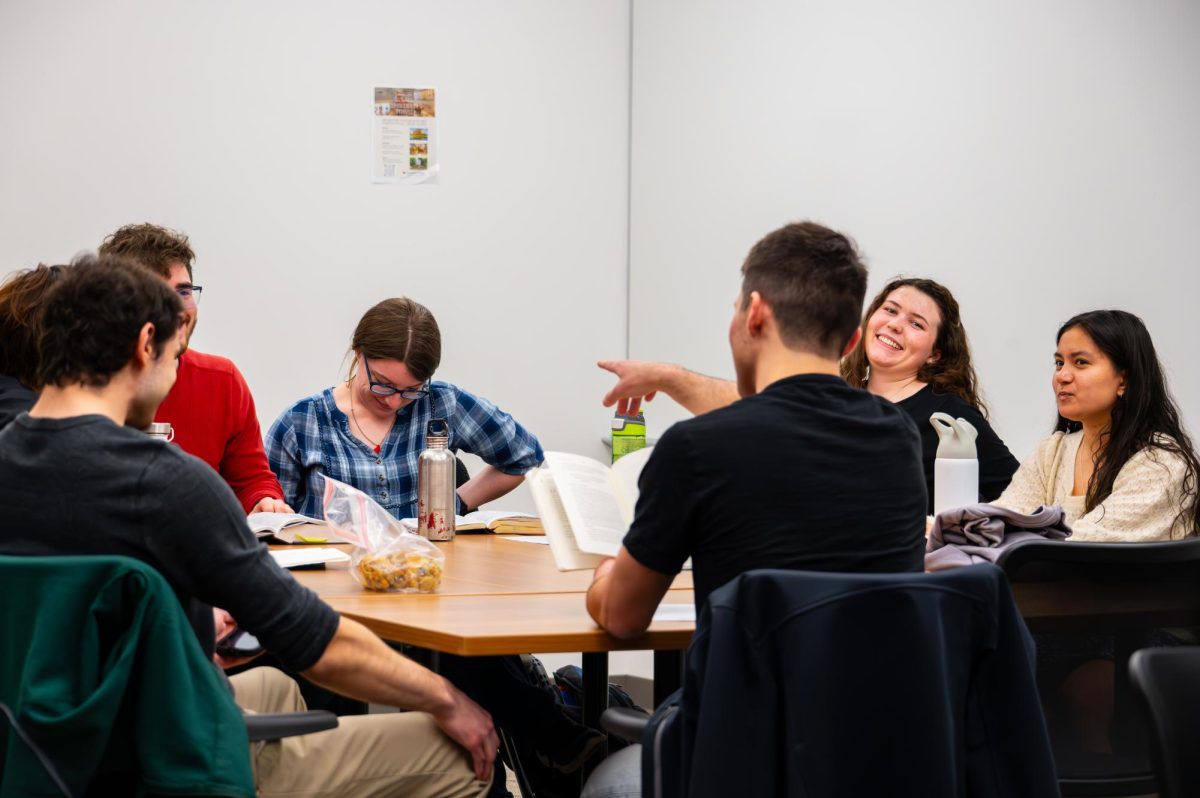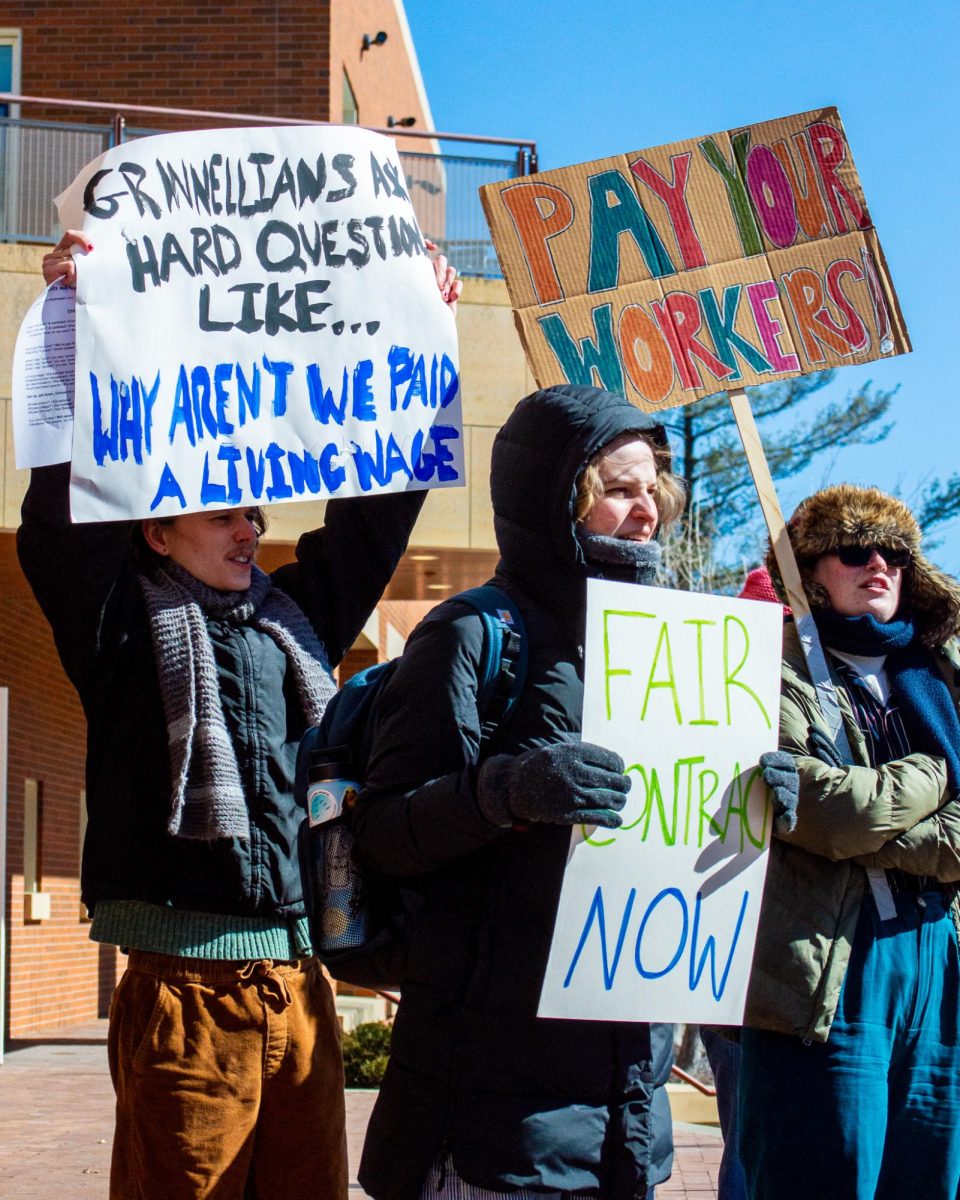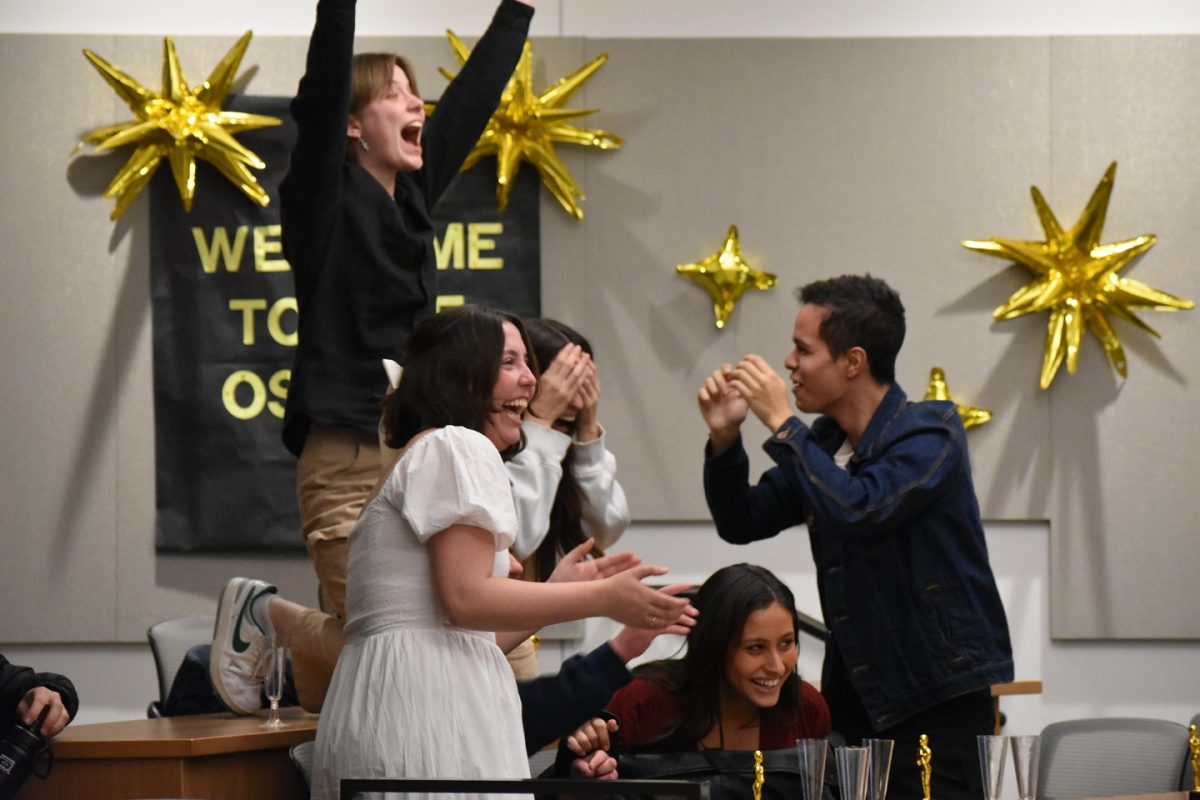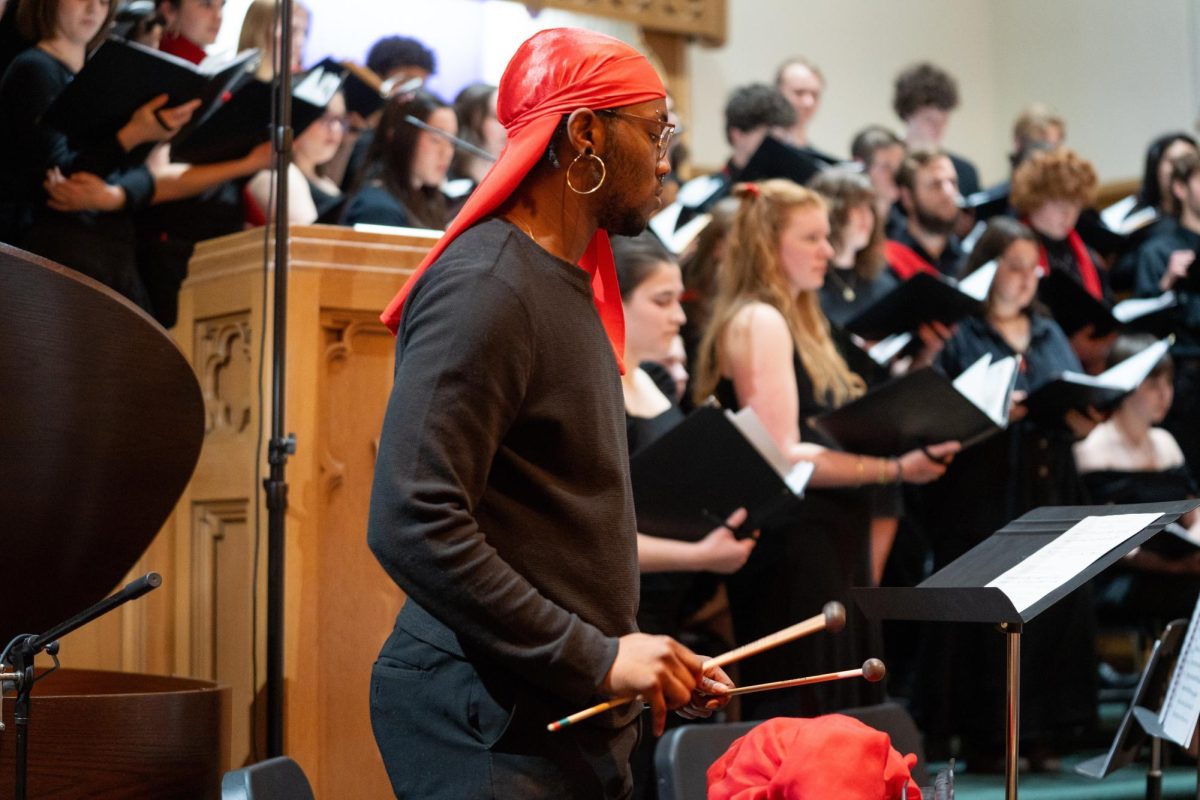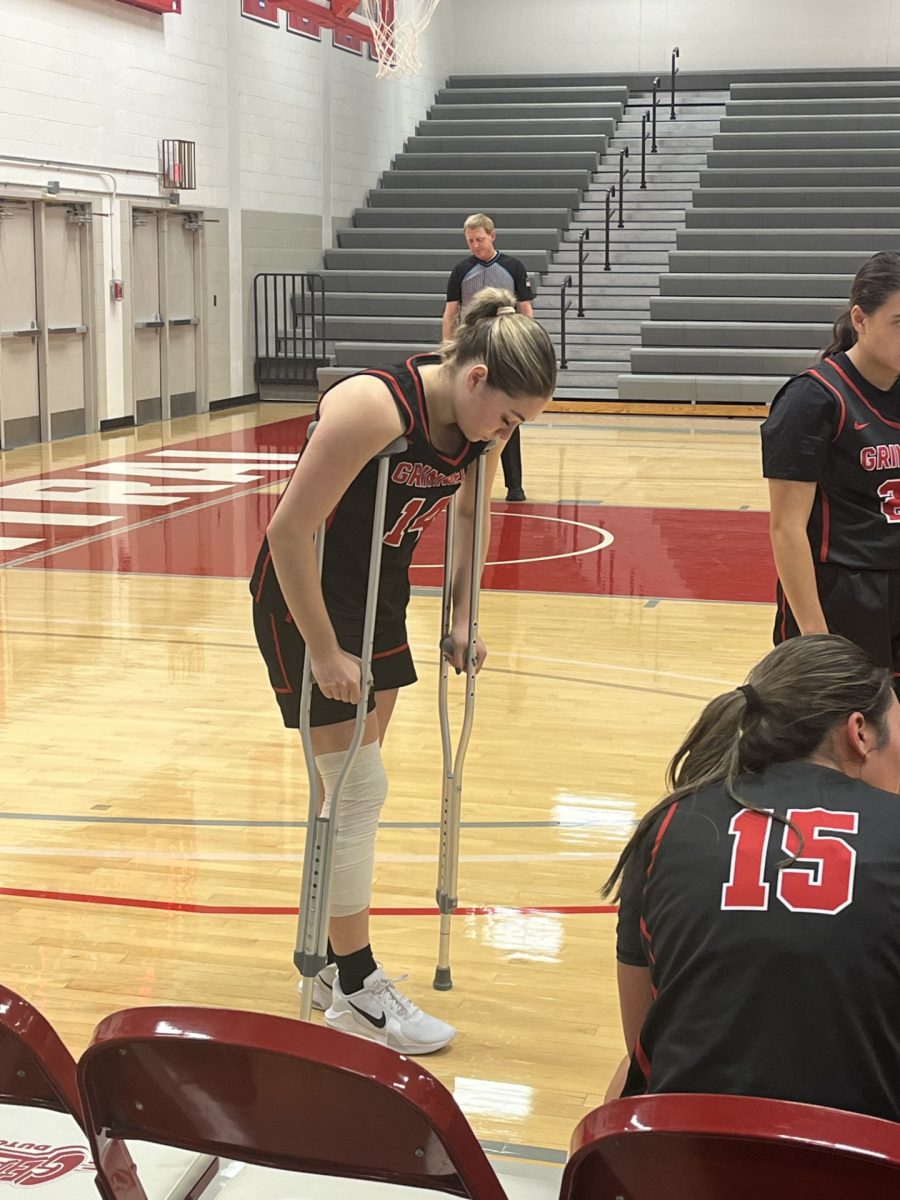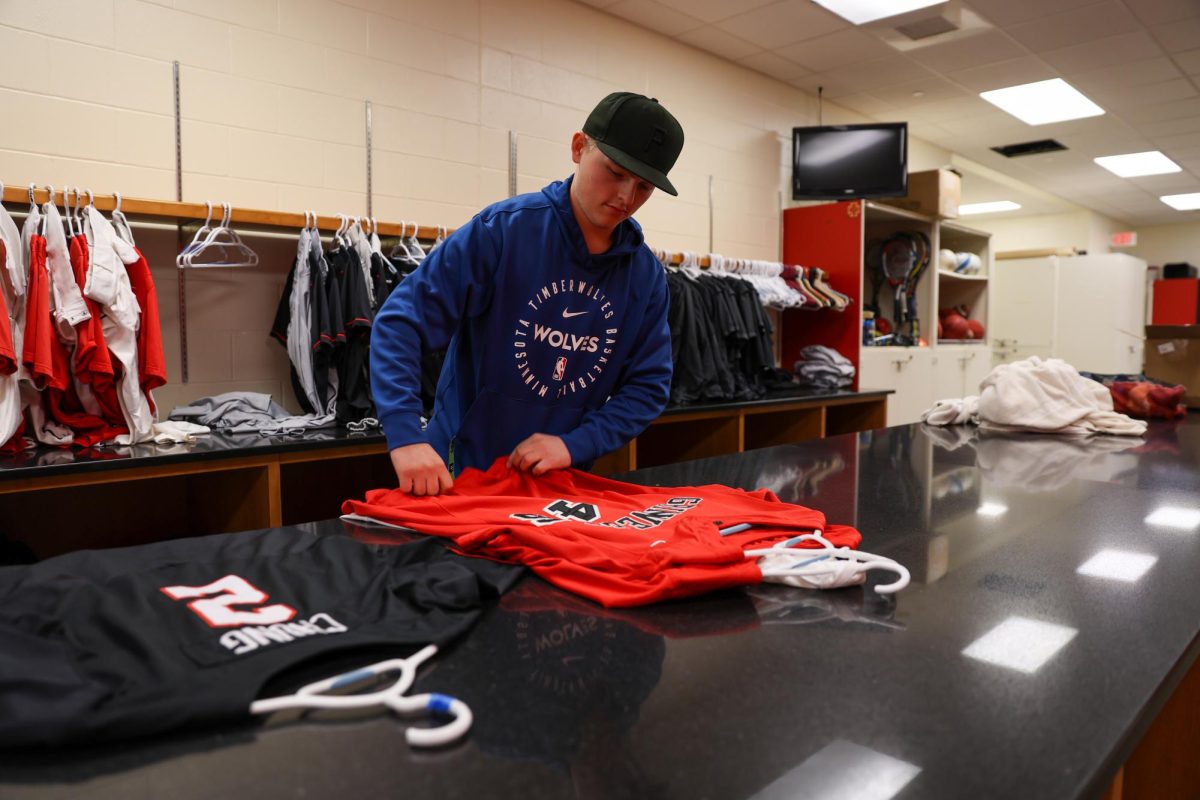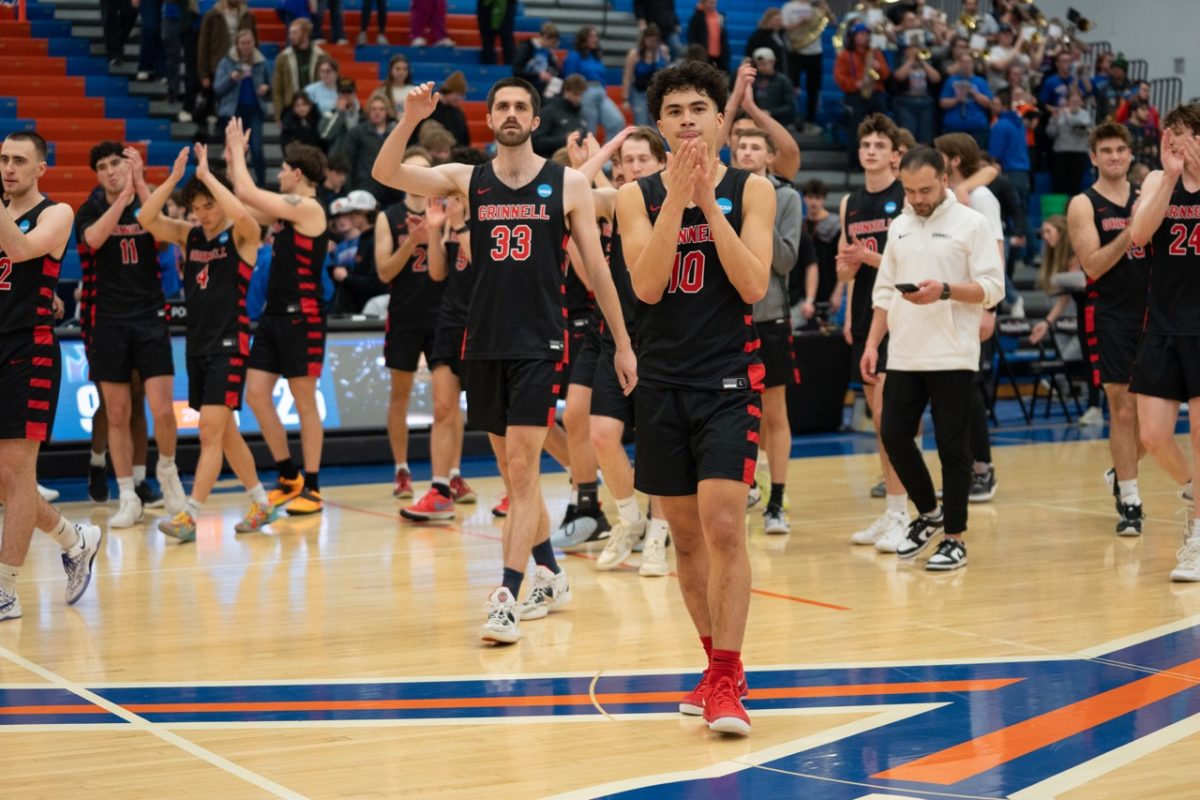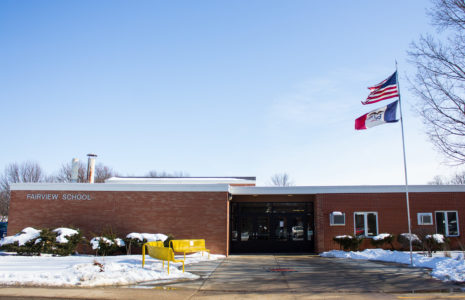
On Tuesday, Feb. 6, the Grinnell-Newburg School District held a vote on the school bond issue from 7 a.m. until 8 p.m. at the Elk’s Lodge.
“Grinnell held public measure for school bond levy pursuant to Iowa Code Section 298.18 and needed 60 [percent plus one] to pass,” wrote Missy Eilander, Poweshiek County auditor and elections commissioner, in an email to The S&B. The proposed $60 million bond did not pass, receiving only 52 percent of the vote, or 214 votes fewer than necessary.
“When you see that the simple majority of people in Grinnell want this to pass, you don’t change the plan,” said Dr. Janet Stutz, superintendent of the Grinnell-Newburg School District.
Stutz intends to bring the same $60 million bond plan, which calls for combining the three current elementary schools into a new building, gutting and renovating the middle school and a substantial renovation for the high school, back to a vote in the future.
According to Eilander, the district must wait six months before holding another bond election. The next potential dates for a 2018 election are Sept. 11 and Dec. 4.
The School Board would have to approve the bond again before signatures to hold an election could be collected. Stutz intends to hold the next election at two separate polling stations to reduce the long lines that crowded the Elk’s Lodge last Tuesday.
Before the process begins again, Stutz will meet with the Bond Committee, a group of dedicated locals which has grown since the bond failed. Stutz is unable to advocate for the bond; she can only provide facts. She will work with the Committee to develop visuals and edit the group’s poster to make it clearer for the public, reducing confusion surrounding the wording of the ballot.
The ballot actually included two separate measures, both of which were required for the bond to succeed. The first included the approval to raise taxes to fund the project, while the second regarded approval for the project itself.
The direct cost of the bond plan would have raised property taxes for district residents by $4.05 per $1,000 of assessed property, but by rebalancing other levies, the school district planned to offset the price and produce a net tax increase of only $2.60 per $1,000 of assessed property value.
Despite the failure of the initiative, the first step of the proposed project, replacing the Wi-Fi in the high school during summer 2018, will still be carried out. With millions of dollars invested in individual computers for students, the district will dip into their savings to complete this revamp.
Although they pay taxes only indirectly, Grinnell students were eligible to vote in the election, and Stutz claimed that the student vote is essential to drawing in college faculty and in turn revitalizing the town.
“By [college students] voting in this election, it enables us to have the ability to do everything that the city is doing by upgrading Grinnell, that the College is doing … and [the schools] are one of the key components why people move to a town. Right now, we’re left out of [that]. By having all of us on the same page … it’s going to be a vibrant town where people want to come visit, where people want to send their kids to school here,” Stutz said.
Since December, Stutz has met with over 30 groups of parents and business leaders, among others. She says that if she has to, she will meet with 30 more to educate them on the bond before it goes to a vote again.
“We’re also going to work real hard to sell this Iowa Telecom property, because I think that’s a hang up for people,” Stutz said, addressing the concerns of those who voted no to the bond.
Stutz is not worried about the feasibility of selling the old elementary school buildings after the new building was built, if the bond were to pass.
“We’re gonna keep going back [un]til it passes.”

